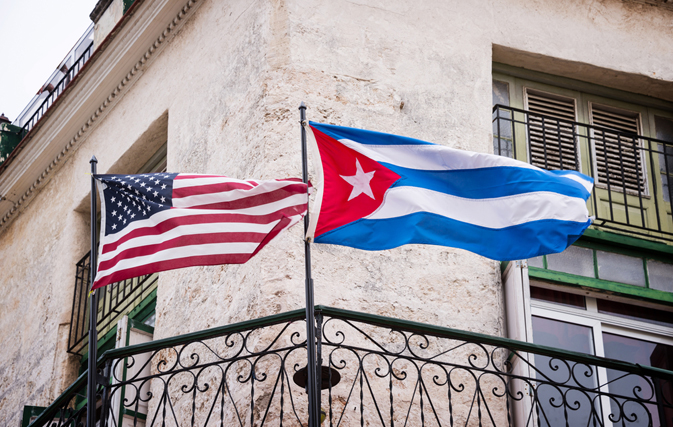MIAMI — Cuba-bound vacation clients worried that the island will soon be overrun by American tourists can put those fears to rest, for now at least, as President Trump gets ready to announce a revised Cuba policy restricting individual U.S. travel to Cuba today in Miami. U.S. airlines and cruise ships, however, will still be allowed to service the island.
Speaking in Miami today, Trump is expected to stop short of a complete reversal of then-President Barack Obama’s more open policies with Cuba. It’s believed that Trump’s new policy is aimed at halting the flow of U.S. cash to the country’s military and security services while maintaining diplomatic relations.
However it’s expected that most U.S. travellers to Cuba will again be required to visit the island as part of organized tour groups run by American companies. The rules also require a day-long schedule of activities designed to expose travellers to ordinary Cubans.
Then-President Barack Obama eliminated the tour requirement, allowing tens of thousands of Americans to book solo trips and spend their money with individual bed-and-breakfast owners, restaurants and taxi drivers.
It’s expected that other aspects of Obama’s policies will stand. Trump is casting the updated policy as a fulfilment of a campaign promise to reverse Obama’s diplomatic re-engagement with the island after decades of estrangement.
The U.S. Embassy in Havana, which reopened in August 2015, will remain as a full-fledged diplomatic outpost, though likely without an ambassador.
More details about the changes are expected today. But none of the changes will become effective until the Treasury and Commerce departments issue new regulations, which could take months. That means U.S. travellers currently booked on flights to Cuba in the next few weeks or months could make the trip.
Obama announced in December 2014 that he and Cuban leader Raul Castro were restoring diplomatic ties between their countries, arguing that a new approach was needed because the policy the U.S. had pursued for decades had failed to democratize the island.
The U.S. severed ties with Cuba in 1961 after Fidel Castro’s revolution.
The trade embargo remains in place under Trump. Only the U.S. Congress can lift it, and lawmakers, especially those of Cuban heritage, like Sen. Marco Rubio, R-Fla., have shown no interest in doing so. Rubio opposed Obama’s re-engagement with Cuba.
With file from The Associated Press.

